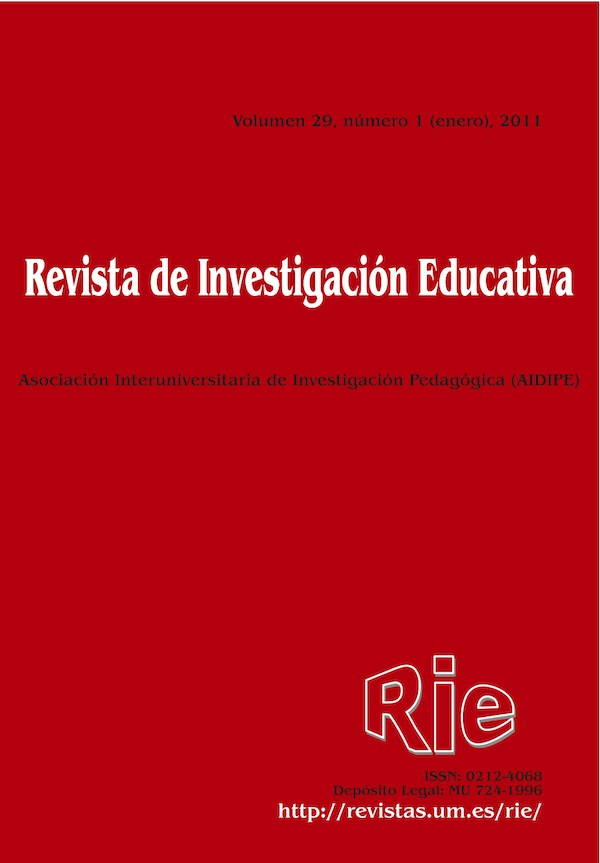Motivation to study, effort management, efficient time management, and academic performance of university students
Supporting Agencies
- Adjuntía para la Innovación Docente de la Universidad de Zaragoza. Proyecto de Innovación Docente 2009-2010.
Abstract
In this research study the relationship between metacognitive learning variables, volitional variables and academic achievement in third-year Psychology of Learning students were analyzed. As a starting point we took the works of Pintrich et al (1991), and McCann & Turner (2004). The variables of previous performance (grades) are the best predictors of final achievement, but if removed, metacognitive variables (Time Management and the Effort Management) and volitional strategies (Negative-Based Incentives) come into play in predicting performance. Volitional variables may be considered as latent variables with an indirect influence over the final grades, but with a direct influence over the learning strategies. Such complex relationships (LISREL) should be more thoroughly researched in the future. No statistical differences between men and women were found in any of the variables. The best variables to discriminate between groups of achievement (high, middle and low) were learning variables, such as time management, effort management and metacognitive self-regulation.Downloads
-
Abstract8008
-
PDF (Español (España))5760
The articles and scientific documents published in RIE abide the following conditions:
1. The Servicio de Publicaciones de la Universidad de Murcia (the publisher) has the property rights (copyright) of all the documents published and allows the reuse under the user’s license indicated in point 2.
2. All documents are published in the digital edition of RIE under a Creative Commons Reconocimiento-NoComercial-SinObraDerivada 4.0 Internacional. (legal document) license. These documents can be copied, used, distributed, communicated and explained publicly if: i) the author(s) and its original source of publishing (magazine, publisher and URL of the document) are cited; ii) it is not used for commercial purpose; iii) the existence and the specifications about this license are mentioned.
3. Auto-archive’s conditions. The authors are allowed and encouraged to digitally distribute the pre-print versions (a version before evaluation) and/or post-print (a version that it is already evaluated and accepted to its publication). This promotes circulation and distribution earlier and can increase the citations and significance within the academic community.









